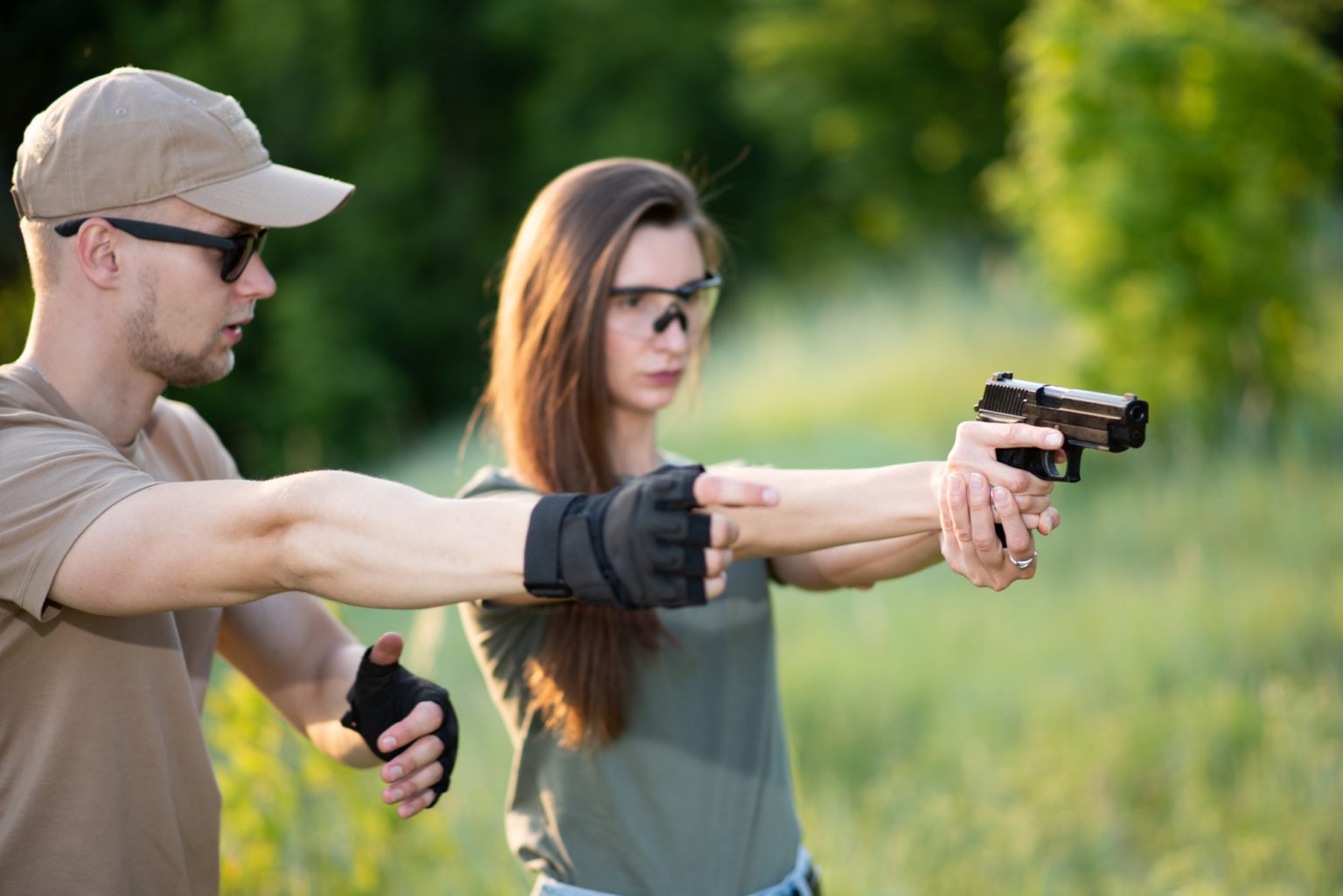Americans love their guns.
In fact, research shows that there are now more guns in the country than people. Whether you’re buying a gun for the first time or you’re a long-time gun owner, it’s important to practice gun safety.
These seven gun safety tips will help keep you and your loved ones safe.
Guns Should Be Unloaded When Not in Use
A firearm should only be loaded when you are at the target range, in the field, or shooting area, ready to shoot essentially. All other times your gun should be kept unloaded.
You can use firearm storage for extra security while storing your ammunition close by so that you can load your gun quickly in the event of an emergency.
Treat Your Gun as if It Is Loaded
In the same vein, get in the practice of always assuming your gun is loaded. You might have the perfect track record for unloading your gun after use but everyone makes mistakes.
Accidental shooting numbers are sobering, accounting for 37% of nonfatal injuries and almost 2% of all deaths.
Keep the Muzzle Pointed in a Safe Direction
Another very basic gun safety rule that can prevent an accident is to never point your firearm at anything you don’t plan to shoot. Accidental discharges do happen and if your gun is always pointed in a safe direction, no injury will occur.
Keep Your Finger Off the Trigger Until You’re Ready to Shoot
The only time your finger should be on the trigger is when you’re firing. It’s very easy to get distracted when using a gun and until you’re actually ready to squeeze a round off, don’t put your finger on the trigger.
Trigger discipline is an important habit to learn with the principle that just because you’ve drawn your firearm, it doesn’t mean you want to shoot. Instead, practice pressing your finger above the trigger area, against the frame, and parallel with the barrel.
Be Sure of Your Target and What Lies Beyond
When you’re ready to shoot, it’s not just the target you need to be aware of. The bullet is unlikely to stop after it hits what you’re shooting a gun at and it will keep speeding along until it hits something that does stop it.
Before you pull the trigger, consider what could happen if you miss your intended target or if the bullet ricochets off something in the background and flies in another direction.
Use Correct Ammunition
Using incorrect, expired, or improper ammunition can destroy your gun and cause serious injury. Consult the manufacturer’s markings on the firearm and the gun’s instruction manual when deciding which ammunition to use and before loading.
Become Familiar With Your Gun
Most gun enthusiasts have their favorite firearms. Concealed carriers favor a snub-nosed revolver like the Taurus Defender while avid hunters will be focused on the accuracy of a rifle. The important thing is to treat all your firearms like your favorite.
Clean thoroughly after use, know how to disassemble and reassemble, and learn its range and capabilities. Once you know your weapon as best you can, you’ll also know which parts are most likely to malfunction.
Gun Safety Tips Bonus: Practice!
Keep practicing these important gun safety tips until they become second nature. While owning a gun can be exciting, it can be a dangerous weapon if not handled correctly. Keep reading and learning about gun safety rules and other topics on our website.











